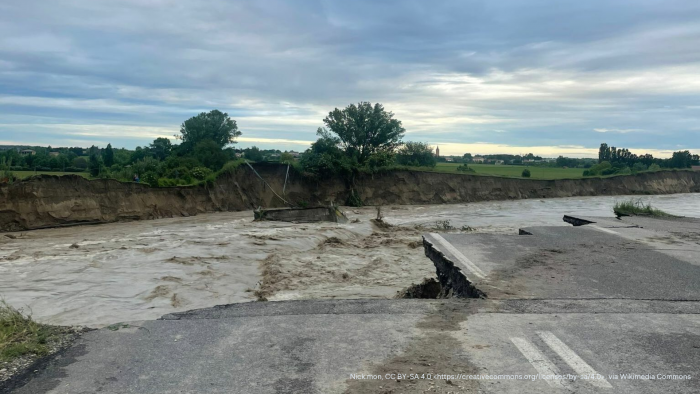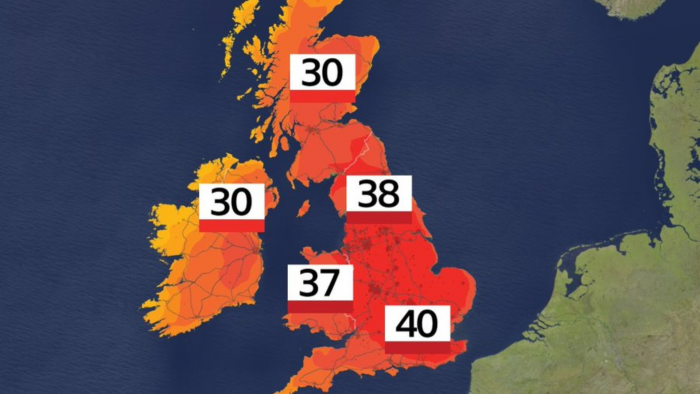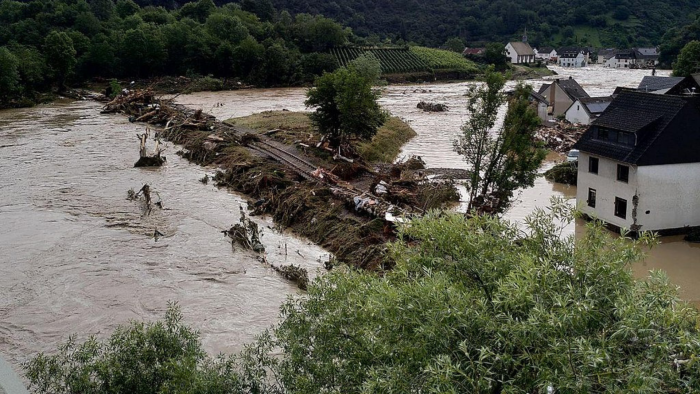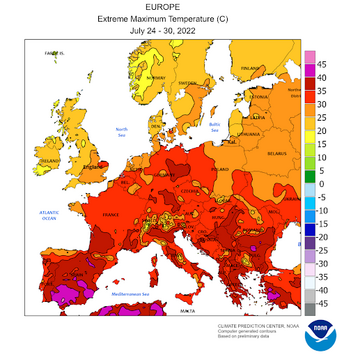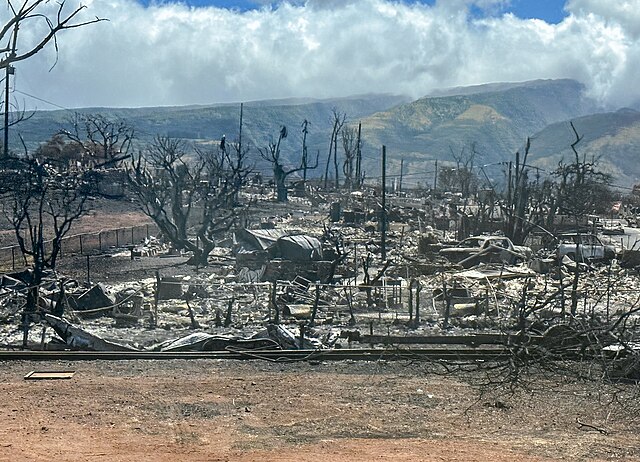350
This is the
Climate Crisis.
Record-breaking heatwaves. Devastating floods. Historical droughts and storms.
This is the climate crisis – fuelled by the burning of fossil fuels, which is increasing the frequency and severity of extreme weather across the globe.
While massive fossil fuel companies rake in obscene profits, we’re left dealing with an overheating planet. The good news: there’s another way.
Make them pay!
Shell and BP and fossil fuel corporations like them are making bigger profits than ever before.
But they shouldn't be allowed to continue making billions while wrecking our planet.
The government has created a windfall tax with a massive loophole that allows billions to flow through it making rich shareholders richer, while thousands are struggling to pay their energy bills.
As a first step to help fight the climate crisis, sign the petition to call on Rishi Sunak to make polluters pay for the climate impacts they are causing, in addition to support with energy bills and 'Power Up' the green energy transition.
Right now, fossil fuel companies like BP and Shell, and their wealthy shareholders, are making enormous profits from trashing the planet.
Last year, the Government introduced a windfall tax on fossil fuel companies’ mega profits, but it was so full of loopholes and vague commitments that at one point Shell expected to pay no UK tax in 2022. In the end their windfall tax was less than 0.5% of their total profits! [1]
Let’s join the growing call for a proper windfall tax on oil and gas giants - a campaign that was first started by inspirational campaigners like Fuel Poverty Action.
All of us are suffering and losing money right now, because BP and Shell are choosing to profit from this energy crisis. Now’s the time for the Government to properly tax them – and use their profits to help people in need and 'Power Up' renewables.
[1] BBC
More things you can do & read right now
How to cope in a heatwave
Extreme temperatures can be dangerous to health – especially for already vulnerable people – and knowing how to stay cool is crucial. Check out these tips about how to look after yourself and help others on our blog.
Other things to keep in mind: Stay indoors during the hottest parts of the day; avoid coffee, alcohol and hot drinks; and check on your community to make sure they’re safe.
Join the campaign for a Green New Deal
We believe that the best way to urgently tackle the climate crisis in the UK, while ensuring green, fairly paid jobs and clean, cheap energy for all, is to get the Government to pass a Green New Deal. Join our campaign today – there are lots of ways to take action coming up!
How to talk to friends and family about the climate crisis:
Struggling to make your loved ones understand how recent extreme weather is linked to the climate crisis – and what we need to do about it? Then this guide is for you.
Reading about climate impacts making you feel hopeless?
Recent extreme weather has shown us that things are really bad, and some climate impacts are now irreversible. But for every fraction of a degree of warming we can avoid, lives will be saved. That’s why this fight, and this movement is so crucial. If you feel in urgent need of some inspiring content to convince you this fight isn’t lost… then this video is for you.
Recent climate impacts in Europe:
Spring 2023: Flooding in Italy
6 months worth of rain fell in 36 hours in Italy, and the region of Emilia-Romagna experienced devastating floods in the spring of 2023. Tragically, 14 people died, and over 36,000 were forced to leave their homes. There was at least 620 million euros of damage to the region’s infrastructure, and billions in damage to agricultural production. It was Italy’s worst flood in 100 years and they came after years of severe drought, which reduced the soil’s ability to absorb water.
Summer 2022: Heatwaves in UK
Temperatures in the UK reached record levels in the summer of 2022. The Met Office issued its first ever red warning for extreme heat, and the country’s highest ever temperature was recorded (40.3 °C) on 19 July. Infrastructure was affected – with train tracks buckling and roads melting – and the NHS saw an increase in heat-related illness and death. Wildfires broke out across the country, including in London.
2021: Flooding across Europe
After rainfall levels not seen in summer for over 100 years, countries across Europe experienced devastating floods in July of 2021. Austria, Belgium, Croatia, Germany, Italy, Luxembourg, the Netherlands, UK and Switzerland were impacted and over 200 people died as a result. Germany and Belgium experienced especially severe damage to infrastructure, with tens of billions in expected costs.
More info & FAQs
Across the world we are seeing increasing numbers of extreme weather events, like floods, heat waves, storms and droughts. And the science is clear: it is because of the climate crisis. And it is those least responsible for this crisis that are having to bear the brunt of its impacts – with coastal communities and island states in the Global South having their very existence threatened by rising sea levels, storms and floods.
In Europe, despite being home to many of the corporations whose fossil fuel extraction and funding are the cause of all of this, we have been shielded from climate impacts for longer. But with record-breaking temperatures every summer, droughts not seen since the middle ages, and billions upon billions of euro in flood damages, it’s clear: This is the climate crisis. Some of its impacts are now inescapable but for every fraction of a degree of warming that we can stop, lives will be saved. So, let’s take action today, let’s fight back – together we can reverse this trend.
